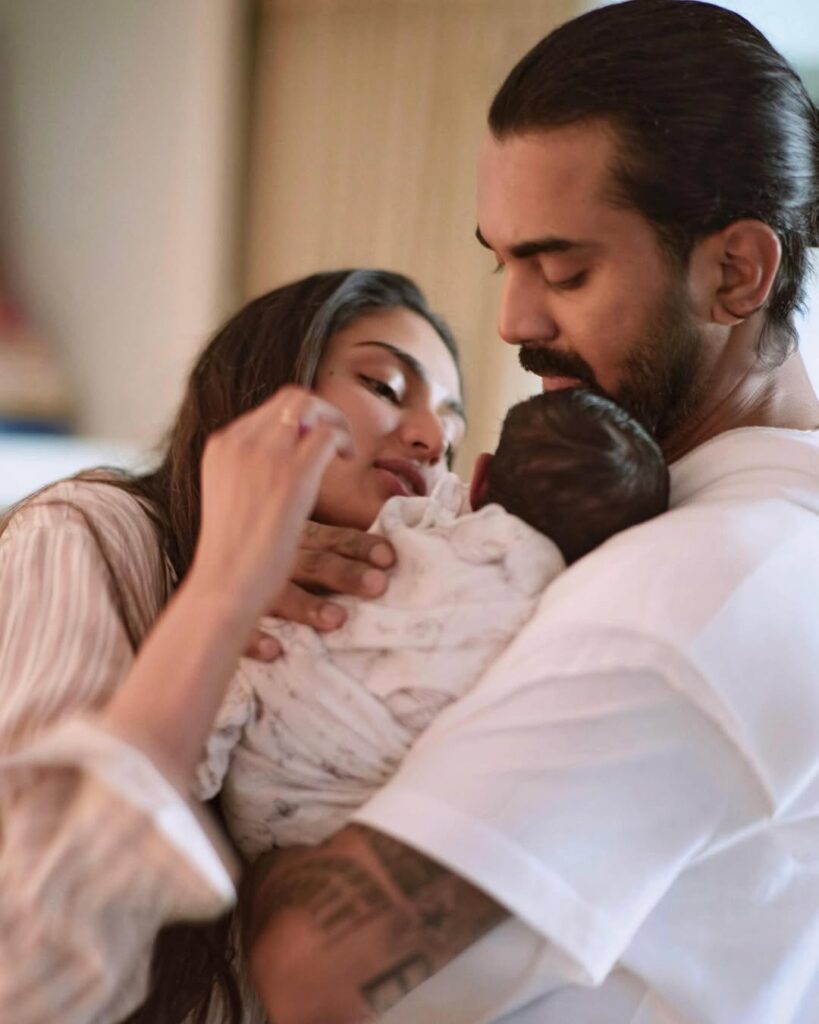You’ve found your person. You’ve laughed over inside jokes, travelled together, met each other’s families, and maybe even picked out a wedding hashtag. But beyond the sparkle of the ring and the wedding Pinterest boards lies something even more crucial, the life you’re about to build together. Marriage is often romanticised as a seamless fusion of two lives. But in reality, it’s more like a collaborative project; equal parts love, logistics, and letting go. While love is the starting point, staying married is a long-term journey, and it helps to talk about the stuff that doesn’t always make it to date night.
Here are seven honest, sometimes awkward, but ultimately essential conversations every couple should have before saying “I do.” Think of these as your relationship’s toolkit—not to scare you off, but to help you start stronger.
1. The Money Talk: More than just who pays for Netflix
Money may not be the most romantic topic, but it’s one of the biggest causes of conflict in long-term relationships. Start by being brutally honest about your financial situation, your income, debt, savings, and spending habits. Are you a spreadsheet-loving saver while your partner swears by retail therapy? Discuss your financial philosophies, goals (owning a house, investing, living off-grid in the hills), and how you’ll manage shared expenses.
Also important? How you both view money emotionally. For some, money equals freedom; for others, it’s security or status. Understanding what money means to each of you can help prevent a lot of friction later.
2. Family Matters: In-laws, holidays, and boundaries
This one’s especially relevant in Indian households where marriage often means marrying into a family, not just a person. What are each of your expectations about time spent with families, joint living situations, and involvement in decision-making?
Do you expect your partner to call your parents every Sunday? Are there specific rituals, festivals, or cultural obligations that matter deeply to you? Talk it out now, not at the airport when your partner’s refusing to attend their third Diwali in a row at your nani’s house. Also, set boundaries early, this might mean protecting couple time, defining private space, or figuring out how to navigate unsolicited advice from well-meaning relatives.
3. Lifestyle Compatibility: What do your ‘normal days’ look like?
You might adore someone but still struggle to share a home with them. This conversation isn’t about vacation versions of yourselves, it’s about day-to-day realities. Are you a night owl and your partner an early riser? Do you both cook? Does one of you hate chores?
Talk about household responsibilities, personal routines, alone time, screen time, and how each of you likes to unwind. Discuss expectations around social lives too; how often will you host friends? Go out? Stay in? These seemingly small lifestyle choices can hugely affect your comfort and happiness together.
4. Career Goals & Ambitions: Are we growing in the same direction?
Careers take up a huge chunk of our lives, and ambition (or the lack of it) can shape a relationship. Does one of you dream of starting a business? Moving cities? Quitting the 9-to-5 to pursue art?


Discuss where you both see yourselves professionally in the next 5-10 years, and how that affects your relationship dynamic. What happens if one of you lands a dream job abroad? Are you open to long-distance, relocation, or switching roles at home? The goal isn’t to have a master plan, it’s to understand how supportive, flexible, and aligned you are in your long-term visions.
5. Conflict Styles: How do you fight, and how do you make up?
It’s not about if you’ll argue, but how. Everyone fights, but how couples handle disagreements can make or break a marriage. Are you someone who needs space to cool off while your partner wants to resolve things immediately? Do you go silent, lash out, or need a third party to talk it through?
Talk about how each of you deals with stress, conflict, and disappointment. What triggers you? What helps you feel heard and safe? Knowing each other’s conflict styles early on means fewer cold wars and more respectful, productive disagreements. Yes, that’s a thing.
6. The Home Dream: Furniture, neighbourhoods & that one ugly chair
Every couple should discuss what ‘home’ means to them, both emotionally and practically. Do you want a quiet home in the suburbs or a buzzing apartment in the city? Do you want pets? Plants? Kids?

Beyond geography, talk interiors too. You’d be surprised how often people fight over furniture. What does comfort look like to each of you? Can you compromise between minimalist chic and maximalist madness? This is also a great time to talk about home roles; who does what around the house, how often, and with what kind of support (hello, laundry services and cleaning help).
7. Children: Yes? No? When? How many?
You’d think this would be obvious, but many couples skip this crucial conversation, thinking they’re on the same page. Are both of you sure about wanting (or not wanting) children? When? Are you open to adoption? Fertility treatment? What values do you hope to instil in your kids?


Even if kids are a few years down the line, having clarity on the bigger picture helps avoid painful surprises. Parenting is a lifelong partnership; knowing how each of you views family, discipline, education, and gender roles is key.
The Bottom Line: These conversations aren’t about being ‘perfectly compatible’. They’re about being brave enough to communicate. No couple checks every compatibility box. The goal isn’t to eliminate all differences, but to embrace them mindfully. When you have these deeper conversations, you learn how to listen, how to negotiate, and how to build a shared reality that’s rooted in respect.
So before you plan the sangeet choreography or obsess over the dessert menu, take the time to sit down and talk. Over coffee. In your PJs. With no filter. Because in the end, weddings are a day, but marriage is a lifetime.













